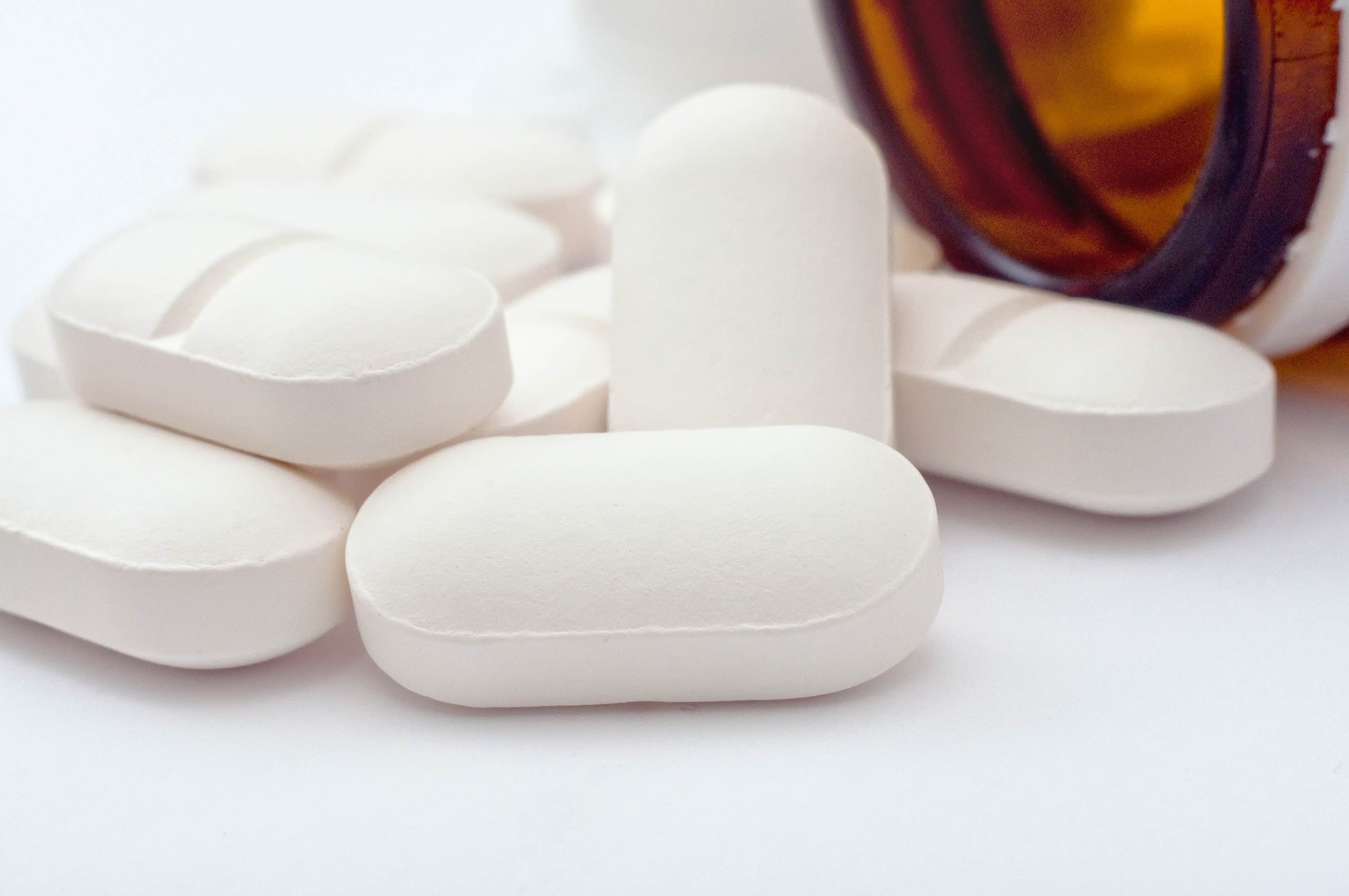In November of 2017, the FDA published an alert that elevated levels of the water soluble vitamin biotin (also known as vitamin B7, vitamin H and coenzyme R), can significantly interfere with certain immunoassays that rely on biotin technology i.e. the reagents performing the analysis contain biotin molecules as an essential component.
Biotin is an over the counter supplement used for its purported effects in strengthening hair, skin, and nails. The dose recommended by the National Academies of Science, Engineering and Medicine’s Food and Nutrition Board is 30 micrograms/day. A typical biotin supplement contains 5,000 to 10,000 micrograms of biotin and these high dosages can lead to interference with immunoassays that rely on biotin containing reagents.
Immunoassays utilizing biotin as a component of the reagents are of two types.
Both types reagents have the ability to bond with specific serum proteins which can then be measured. Because there are two different types of biotin-containing reagents used in immunoassays, one of the biotin-containing reagents might give an erroneously elevated result for a given analyte and the other method using a different type of biotin-containing reagent might give a false low result on the same sample.
For example, a T3 measurement with biotin elevated in the patient serum from the biotin supplement might give an elevated T3 test result using one type of reagent and the same sample could give a low T3 level using the other second biotin regent dependent method. A third method for testing the same sample using a non-biotin dependent method will give the correct result even in the face of elevated serum biotin from the supplement the patient is ingesting.
Among the assays in which elevated serum biotin can interfere with results are troponin, TSH, triiodothyronine (T3), thyroxine (T4), parathyroid hormone, dehydroepiandrosterone, estradiol, PSA and ferritin.
The results of thyroid testing assays provide a good example how elevated serum biotin from ingested supplements can lead to erroneous results and at the same time how using technology not relying on biotin containing reagent can lead to a great deal of confusion.
If a patient with elevated serum biotin has a falsely low TSH and also has a markedly elevated free T4 and total T3, results occurring because the serum biotin is affecting the test performance of all three analytes, an erroneous diagnosis of Graves’ disease could readily be made. However, if the patient does not appear clinically to have Graves’ disease, thought must be given to potential interference by elevated serum biotin and questioning the patient about biotin supplement ingestion and examination of the immunoassay technology must be performed to evaluate the situation.
In another situation the TSH may be abnormally low suggesting Graves’ disease and other thyroid hormone assays may be normal, leading to confusion as to the true clinical situation. This type of problem can occur because the TSH has used a biotin technology to obtain the TSH levels but the laboratory is using a non-biotin dependent assay to obtain the other thyroid hormone results.
The moral of the story: in immunoassay dependent testing, especially with endocrine tests, if the laboratory results do not fit the clinical picture or if the laboratory results are contradictory and confusing, think biotin. Inquire from the patient if they are consuming biotin supplements and review the actual methodology used in each of the assays in question.
Also, don't forget to stay connected and join our Quality Lab Group on LinkedIn!


.png?width=261&name=2021_newest_logo_cola-footer%20(1).png)



